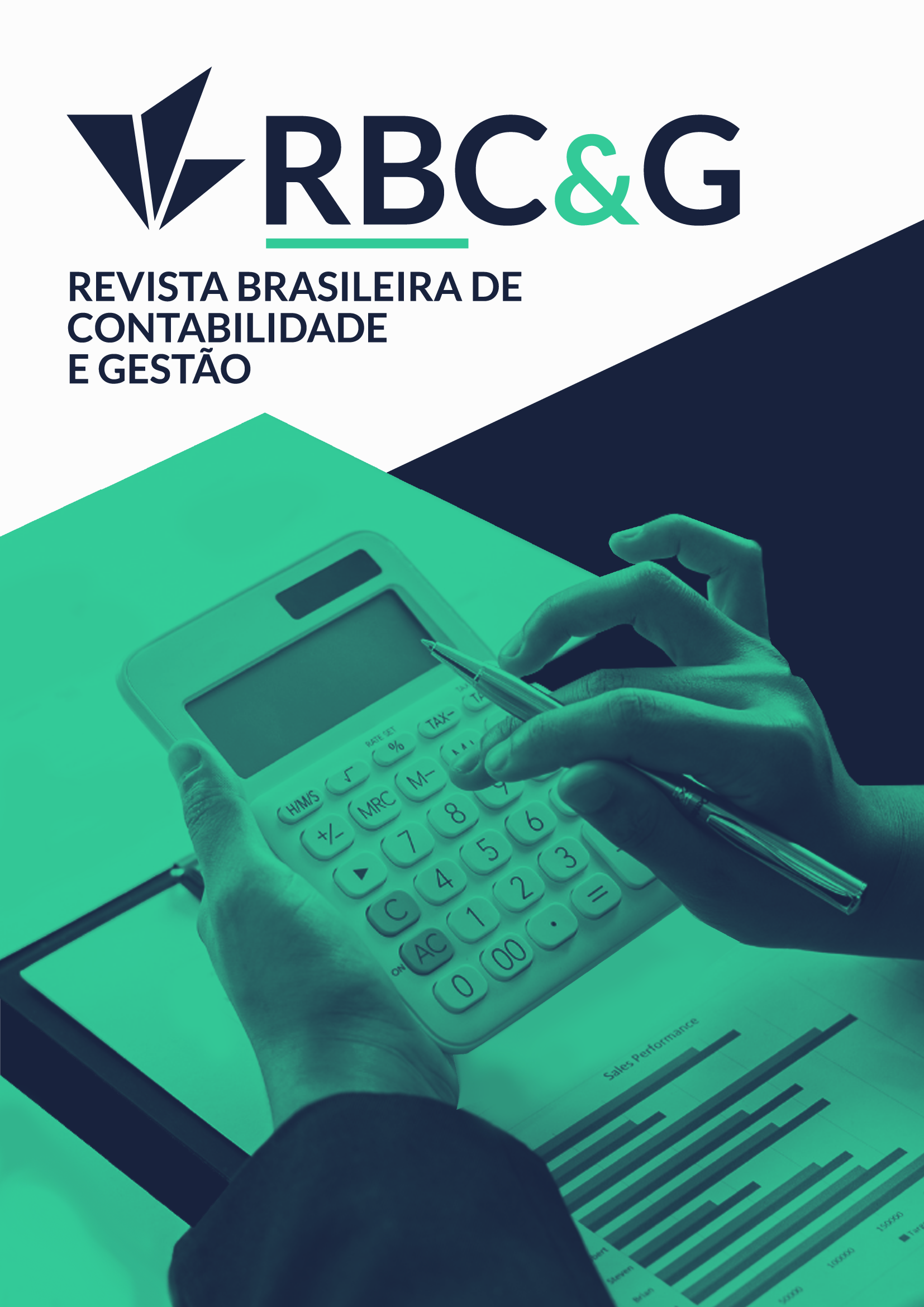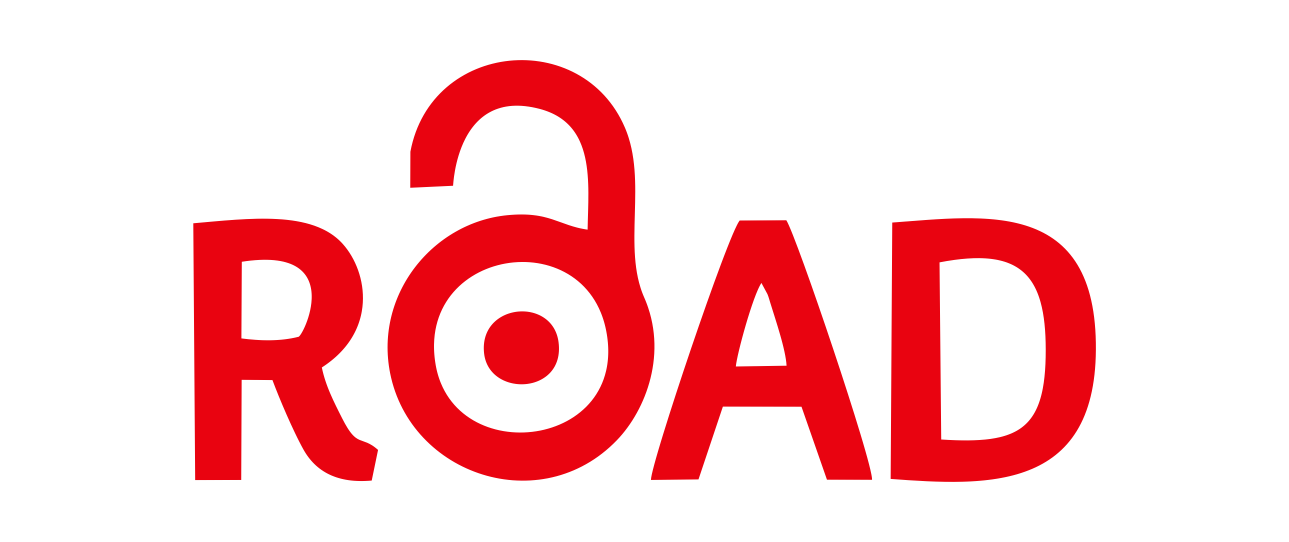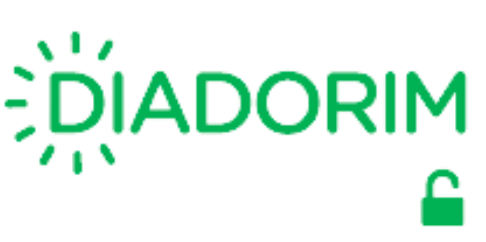nalysis of the Perception of Students on Forensic Audit and Forensic Accounting Against Accounting Fraud
DOI:
https://doi.org/10.5965/2764747112232023001Abstract
Purpose(s): To highlight and differentiate the roles played by accounting expert witnesses and forensic accountants and to assess students' perceptions of forensic accounting and forensic audit as an auxiliary tool in investigative practices of this economic and financial crime. This research is aimed at highlighting students' knowledge in order to elucidate concepts that are often misunderstood due to the similarities they present. Method(s): Through descriptive research a general analysis of the role of forensic expertise and accounting in combating crime and assisting justice was conducted by collecting evidence of fraud and technical reports. Results: The answers showed there is confusion between the goals of accounting expert witnesses and forensic accountants and also highlighted the lack of specialized courses on the subject in favor of disseminating the culture in educational fields in Brazil. Contributions: Given the importance of both areas, comparative studies between the work of forensic accountants and accounting expert witnesses should be relevant in order to identify more efficient techniques to be used in combating and/or investigating accounting manipulations.
Downloads
References
Association of Certified Fraud Examiners. (2012). Report to the Nations. On Occupational Fraud and Abuse. Global Fraud Study. https://www. acfe.com/uploadedFiles/ACFE_Website/Content/rttn/2012-report-to-nations.pdf
Ahmed, S.; Ali, M. (2019). Forensic accounting: a case in point for combating financial crimes of bangladesh. International Journal of Accounting, 4(23), 1-8.
Conselho Federal de Contabilidade. (2020, 19 de março). Norma Brasileira de Contabilidade – NBC PP 01 (R1). Dá nova redação à NBC PP 01 – Perito Contábil. Conselho Federal de Contabilidade.
Costa, J. K. V. (2022, 29 de janeiro). Análise da situação financeira e econômica da empresa JL comércio de Areia e Brita LTDA [Trabalho de Conclusão de Curso em Ciências Contábeis, Universidade Federal de São Paulo]. Repositório Institucional da Unifesp. https://repositorio.unifesp.br/handle/11600/63262
Crumbley, D. L., & Smith, G. S. (2009). The games professors play in the dysfunctional performance evaluation system used in higher education: Brainstorming some recommendations. R. Finn, & D. L. Crumbley (Eds.), Measure Learning Rather Than Satisfaction in Higher Education. American Accounting Association.
Giovinazzo, R.A. (2001). Modelo de Aplicações da metodologia Delphi pela internet- vantagens e ressalvas. Administração On-Line, 2(2).
Golden, T. W., Skalak, S. L., & Clayton, M. M. (2011). A guide to forensic accounting investigation (2a ed). Wiley.
Gonçalves, S. (2011). Fraude de Relato Financeiro – Procedimentos de auditoria em resposta aos riscos avaliados de distorção material das Demonstrações Financeiras em virtude do reconhecimento inadequado do crédito. Revisores Ǝ Auditores, (52), 13-21.
Gray, D. (2008). Forensic Accounting And Auditing: Compared And Contrasted To Traditional Accounting And Auditing. American Journal of Business Education, 1(2), 115-126.
Hoog, W. A. Z. (2010). Prova pericial contábil: Teoria e Prática. Juruá.
Huber, W. D., & DiGabriele, J. A. (2014). Research in forensic accounting – what matters? Journal of Theoretical Accounting Research, 10(1), 40-70.
Izomara, A. F. L., Moreira, C. S., Silva, A. R. P., & Nascimento, I. C. S. (2019). Competências relevantes do Forensic Accounting: Análise da percepção dos discentes de contabilidade. Revista Capital Científico, 21(1), 1-60.
KPMG Business Magazine. (2016). Mapa das fraudes. Perfil do fraudador: relatório da pesquisa. KPMG. https://assets.kpmg/content/dam/kpmg/br/pdf/2016/12/br-kpmg-business-magazine-39-fraude.pdf
Kramer, B., Seda, M., & Bobashev, G. (2016). Current Opinions on Forensic Accounting Education. Accounting Research Journal, 30(3), 249-264.
Luccas, R. G., & Relvas, T. R. S. (2013). O contador forense na investigação e no combate a fraudes no Brasil: Aplicação da Técnica Delphi [Iniciação científica apresentada] 10 Congresso USP, São Paulo, Brasil.
Manning, G. A. (2005). Financial investigation and forensic accounting. CRC Press.
Miranda, I. S. N. de., Fernandes, D. C., & Goulart, A. F. (2015). Avaliação do posicionamento dos profissionais da contabilidade do Distrito Federal quanto à atuação como peritos contábeis. Revista Brasileira de Contabilidade, 44(212), 41-53.
Oyedokun, G. E. (2016). Forensic Accounting Investigation Techniques: Any Rationalization? SSRN, 1-17. Disponível em: https://papers.ssrn.com/ sol3/papers.cfm?abstract_id=2910318&download=yes
Prabowo, A. (2015). The Perceived Forensic Accounting Education Development in Indonesia. International Journal of Applied Business and Economic Research, 13(7), 5501-5519.
Prates, A., Souza, R. B. L, & Dutras, J. S. Analistas da área pericial contábil do Ministério Público Federal vinculados à Secretaria de Apoio Pericial: Contadores Forenses ou Peritos Contábeis? [Artigo apresentado]. 18 USP International Conference in Accounting, São Paulo, Brasil.
Ribeiro, A. A. D. (2009). Contabilidade Forense e lavagem de capitais: um estudo da percepção da relevância da Contabilidade Forense nas investigações de organizações criminosas. [Mestrado em Ciências Contábeis, Universidade Federal de Pernambuco]. Repositório Digital da UFPE. https://repositorio.ufpe.br/handle/123456789/5109
Ribeiro, A. A. D., Rodrigues, R. N., Lagioia, U. C. T., & Castro, M. N. (2013, 23 de dezembro). Contabilidade forense: um estudo perceptivo na relevância da Contabilidade Forense na investigação de lavagem de capitais praticadas por organizações Criminosas [Artigo apresentado]. 30 Conferência Interamericana de Contabilidade, Punta del Este, Uruguay.
Rosa, M. J. F., & Lima, R. S. (2019, 6 de maio). Perícia Criminal Federal Contábil-Financeira. Associação Nacional dos Peritos Criminais Federais. https://www.apcf.org.br/noticias/artigo-pericia-criminal-federal-contabil-financeira
Sena, J. D., Santos, L. C., Dabit, R. F., Sanjara, C. R. B., & Mendonça, Hugo B. (2020). Contabilidade Forense: um estudo sobre a percepção de docentes e discentes em uma instituição de ensino superior de Brasília [Artigo apresentado]. 17 Congresso USP, São Paulo, Brasil.
Silva, L. M. (2012). Contabilidade Forense: Princípios e Fundamentos. Atlas.
Silva, R. M. (2012). Contabilidade forense no Brasil: uma proposição de metodologia [Dissertação de Mestrado, Universidade Presbiteriana Mackenzie]. Adelpha Repositório Institucional. https://dspace.mackenzie.br/items/4fd4b227-b55a-4bb3-a5fa-eb868488906d
Vasconcellos, C. (2016, 21 de outubro). Controle Acurado. Valor Econômico. https://valor.globo.com/empresas/noticia/2016/10/21/controle-acurado.ghtml
Published
How to Cite
Issue
Section
License
Copyright (c) 2023 Marcelo Rabelo Henrique, Lina Kang, Antonio Saporito, Sandro Braz Silva

This work is licensed under a Creative Commons Attribution 4.0 International License.
Brazilian Journal of Accounting and Management offers free and immediate access to its content, following the principle that providing scientifical knowledge in a free manner promotes a better world democratization of knowledge. Authors maintain copyright of articles and grant to the journal the rights of the first publication, according to the Creative Commons Attribution licensing criteria, which allows the work to be shared with initial publication and authorship recognition. These licenses allow others to distribute, remix, adapt, or create derived work, even if it is for commercial purposes, provided that the credit is given to the original creation.




















